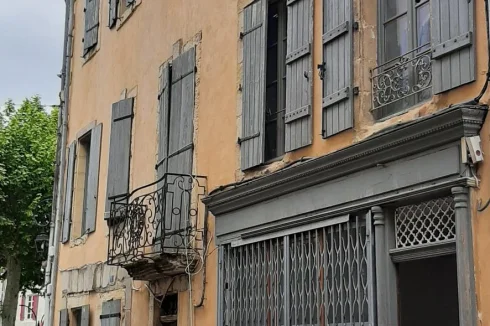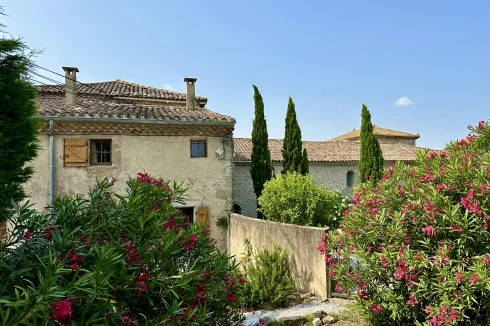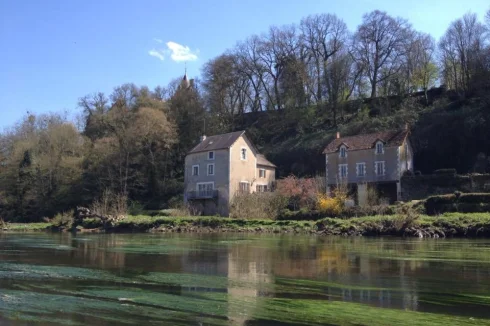A recent invitation to record a podcast for a Brexit research project had me thinking about how things are changing for the British in France, writes Michelle Lawson, a researcher with the UK Open University.
A few years ago, before Brexit was even a term, I carried out some academic research on British migration to the Ariège department of the Midi-Pyrénées region.
One of the key themes that emerged from my interviews with the British was how so many of them seemed keen to avoid coming across as members of a visible British community.
Despite this, many of the interviewees knew each other, socialised together and enjoyed ‘home from home’ treats from the few British shops and cafes in the region. There was a strong virtual community too, where online forums played a big role in supporting newcomers and answering their questions.
Not of that seemed surprising, as it’s what migrants or ‘expats’ usually do.
What did surprise me was the reluctance of some to admit to it. People talked a lot about doing things the ‘right way’ here in France, seeming anxious to avoid being aligned with those ‘others’ who didn’t.
At the end of my study I had a long list of traits that these ‘others’ apparently did, including being a part-timer, eating English food, living in English-speaking clusters and so on.
Yet stereotyping is an over-generalisation, and it all seemed a long way from the remote Ariège. You might hear English voices in popular towns such as Mirepoix, but not overwhelmingly.
These clichés and stereotypes are nothing new, harking back to colonial days when the English were renowned for bringing their own customs and clubs into their self-sufficient communities; Peter Thorold’s book The British in France is an interesting read for anyone wanting to know more about our history as incomers.
However, the clichés aren’t just a leftover from history.
As part of my study I analysed dozens of British press articles that referred to the British in France, and I was surprised at the level of negativity expressed by the writers, often living in France themselves.
Writers used words like 'ghetto' and 'invasion' and drew distinctions between the established residents who knew France, and the recent ‘flood’ of people who came because they’d seen it on television. All of this helps to reinforce the caricature of the dependent Brit clinging to their British ways.
It wasn’t surprising that people were keen to distance themselves from it.
Now, after the Brexit vote, I’ve a feeling that people are less worried about that and more interested in seeking support in numbers against a common threat.
Not everyone feels concerned about the future; a report of a surge in British buyers in some regions suggests there’s a degree of confidence and determination among new buyers.
Yet there’s certainly a stronger manifestation of a 'British-in-France' identity coming through, with campaigning and support groups set up here and across Europe.
Having caught up with one of my interviewees recently, I detected a feeling of dislocation, or disconnection, from Britain itself.
If people are feeling dislocated from the Britain they left, then perhaps it’s not surprising that we’re seeing development of a stronger sense of a British community in France.
Michelle Lawson
Associate Lecturer with the Open University
We have introduced a Brexit Helpline for those of you who have questions about the whole process. The service is free of charge. If you have a question, send it to us via the form on our Brexit Helpline page.
Related Reading:





